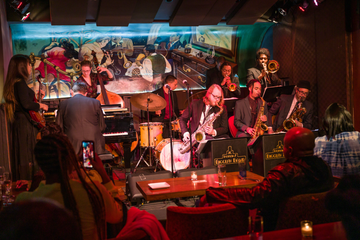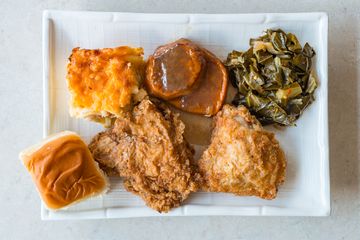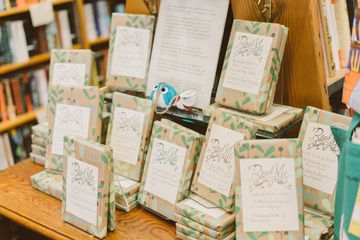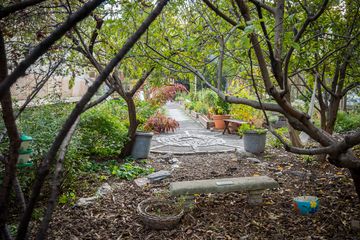Norma Jean Darden is a fascinating storyteller. Her entire life - from growing up with her southern mother, to becoming a fashion model, to opening a celebrated restaurant in Harlem - reads like a novel. In addition to her vibrant way with words, however, Norma Jean is heartwarmingly generous. As she shared her story with Manhattan Sideways, she offered us sweet tea and even cooked up a plate heaped with southern fare, made from her mothers' recipes. Norma Jean's mother, Miss Mamie, was a schoolteacher in Petersburg, Virginia. She taught first through sixth grade in a one-room schoolhouse. We went on to learn that the local doctor mentioned Miss Mamie to his son, saying that there was a lovely "schoolmarm" that he should meet. Shortly after they met, they married and moved to New Jersey where Norma Jean and her sister, Carole were born. Miss Mamie kept churning out her delicious southern recipes, and every summer they continued to visit North Carolina. When they were older, Norma Jean's sister chose a career as a social worker, while she became a runway model. With a broad smile on her face, Norma Jean told me that she was one of the groups of women who introduced American sportswear to Europe, and that the Metropolitan Museum of Art recently recognized her and her comrades for making fashion history as the first African American models to appear on the runway in Europe. Two events ended Norma Jean's modeling career. The first was the devastating AIDS outbreak in the 1980s. She sadly shared with me that most of her supporters and many members of the fashion industry were wiped out by the disease. Around the same time, Norma Jean contracted an abdominal illness, and recognized the need to make a slight shift in her career. "My father said there's not much future in running up and down the street in an evening gown. "Norma Jean began by remaining in the same industry and working in the fashion houses. One day, though, when she was asked to bring food to an event at work, her life began to head in a brand new direction. "It was such a hit, " she recalled. Shortly afterwards, she was asked to cater a meal for Channel 13, and her career in the food world took off. At first, Norma Jean ran her catering business preparing food for many terrific events, including David Dinkin's mayoral inauguration. This required her to cook for five thousand people. To this day, Norma Jean is still proud that their food, though constantly being eaten, lasted until the end of the event, while the other vendors ran out. Though she and her sister led very different lives, they had remained close and had always shared a passion for their mother's food. In 1980, they wrote the book, Spoonbread & Strawberry Wine: Recipes and Reminiscences of a Family. They then went on to have their own restaurants and in 1997 Spoonbread Too opened on 110th Street. Receiving a great deal of attention from celebrities and locals alike, Norma Jean enthusiastically shared her stories about Bill Clinton's visit where he ate the "best collard greens in New York City. " She recalled him announcing, "Get me a wheelbarrow and wheel me out of here! "In addition to collard greens and, of course, spoonbread, the restaurant is known for their fried chicken, catfish, succotash, and coconut cake, though truly, it is hard to go wrong with anything on the menu. Bill Clinton has not been her only presidential client. Over the years, Norma Jean was proud to tell us that she has served both Barack Obama and George W. Bush. "Three presidents in my lifetime! " she exclaimed. Norma Jean has also had the pleasure of preparing food for Winnie Mandela, Nelson Mandela's widow. As for regulars, she gets a sampling of everyone: students from Columbia University, ministers who find the restaurant quiet, and even Knicks players with "their knees above the table. "Over the years, many artists have also come through Spoonbread's door. "We used to have talent nights on Monday where people would sing for their supper, " she said, gesturing to the little red piano in the corner, which is soon to make its come-back. "I've had so many wonderful experiences through food, " Norma Jean humbly revealed, when ending our delightful conversation.



